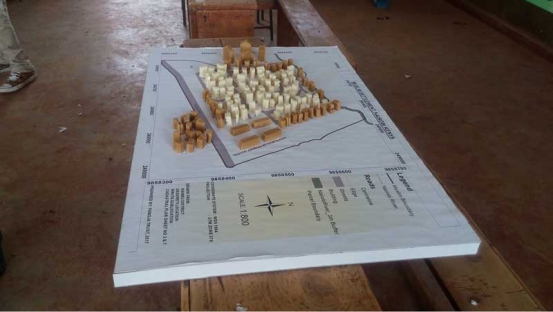×
The Standard e-Paper
Kenya’s Boldest Voice

Kenya is famous for many enviable feats including world class athletes, unparalleled wildlife, and striking scenery. It is, however, infamous for a few oddities, one being massive slums.
Something students from Jomo Kenyatta University of Agriculture and Technology, University of Eldoret and The University of Nairobi want to address.